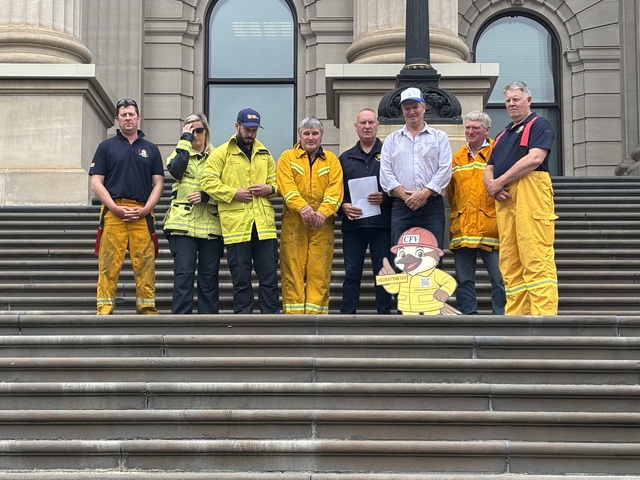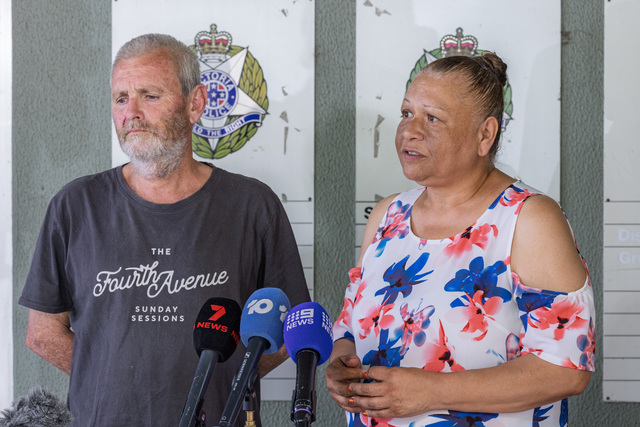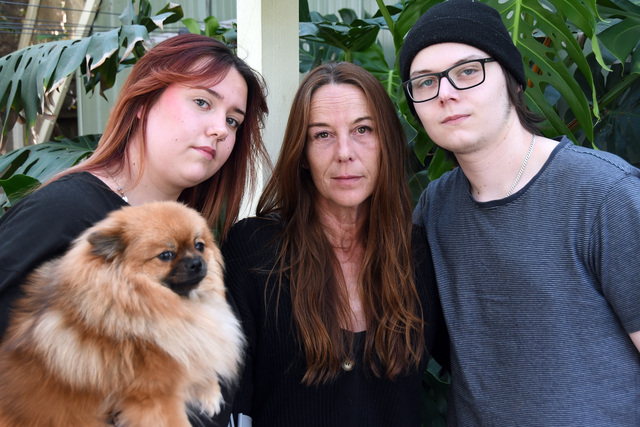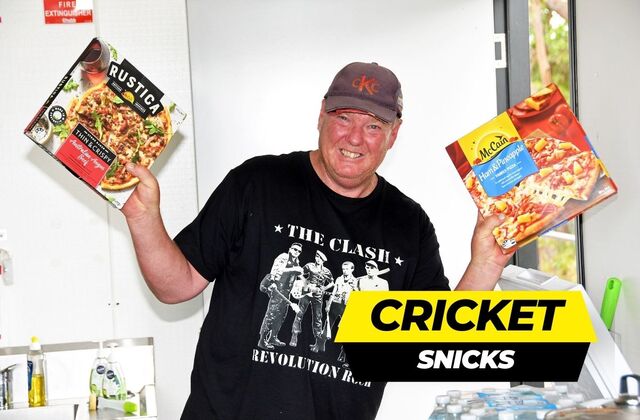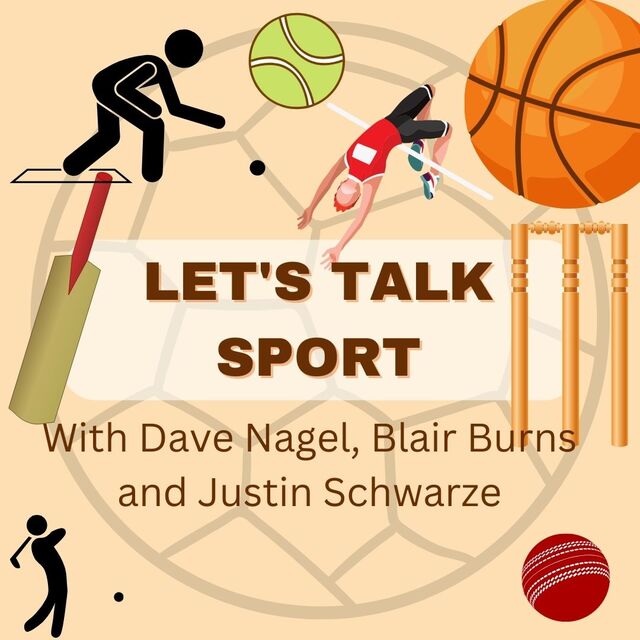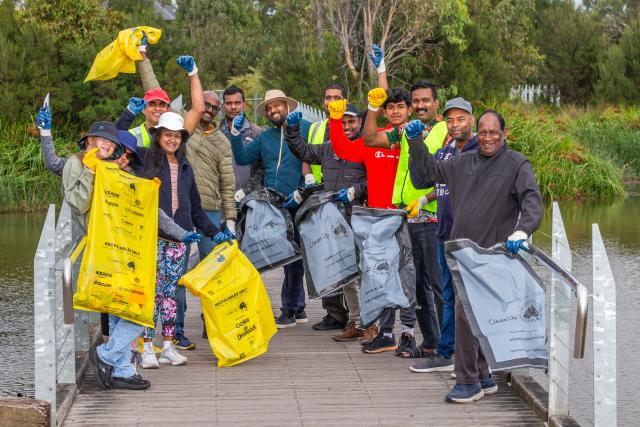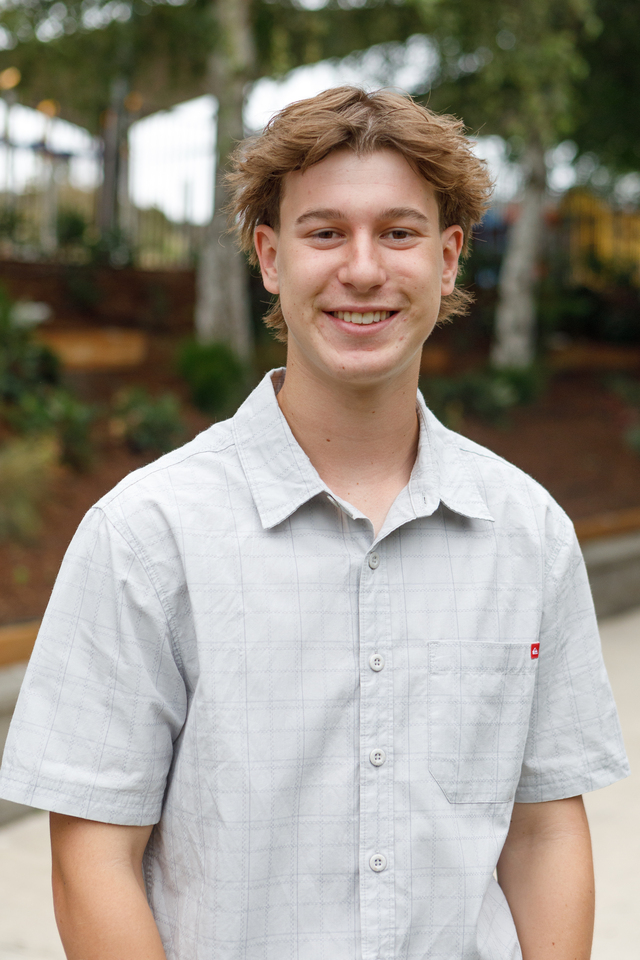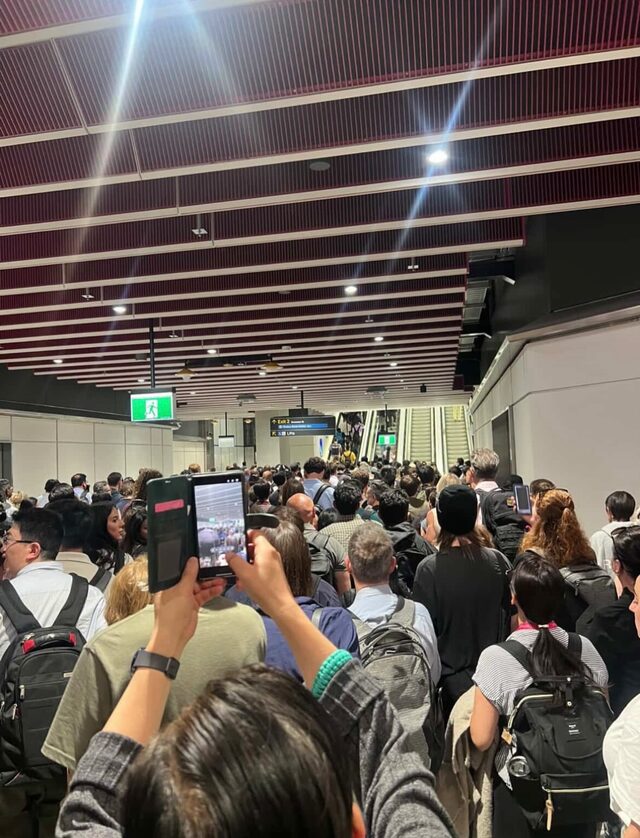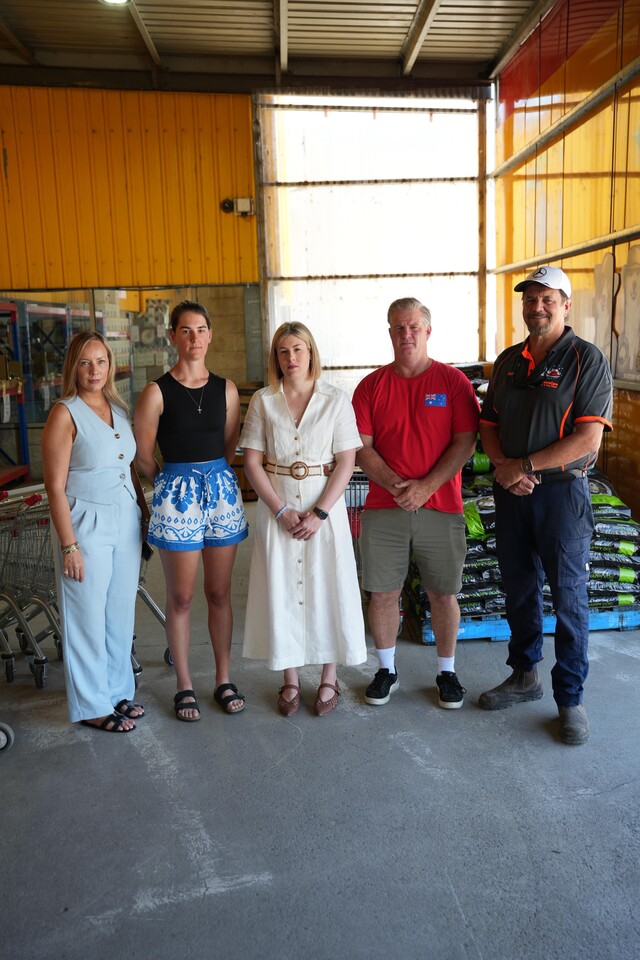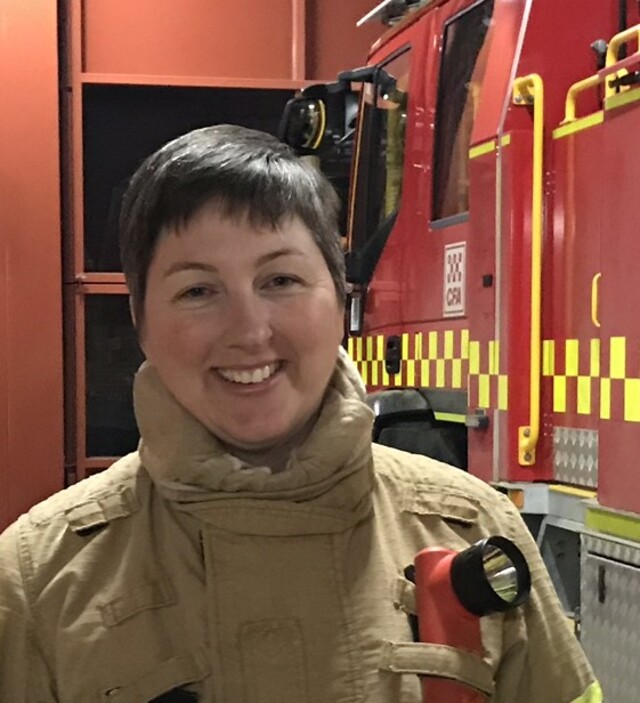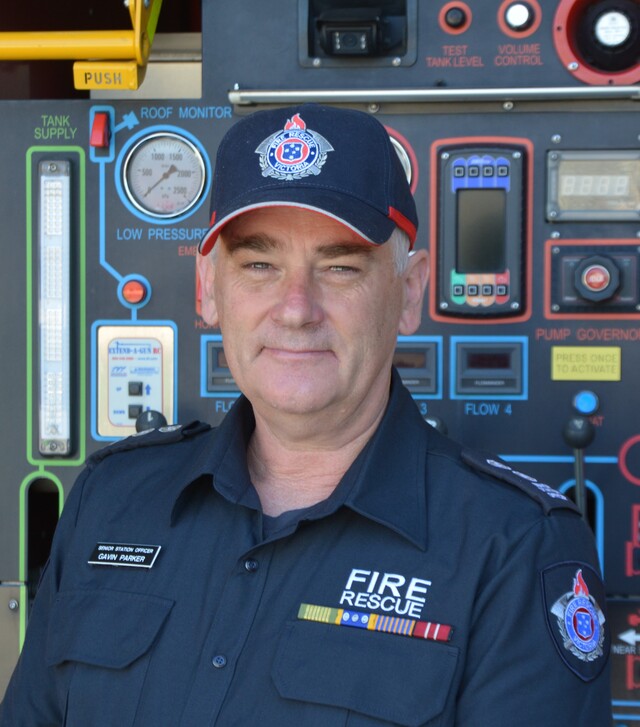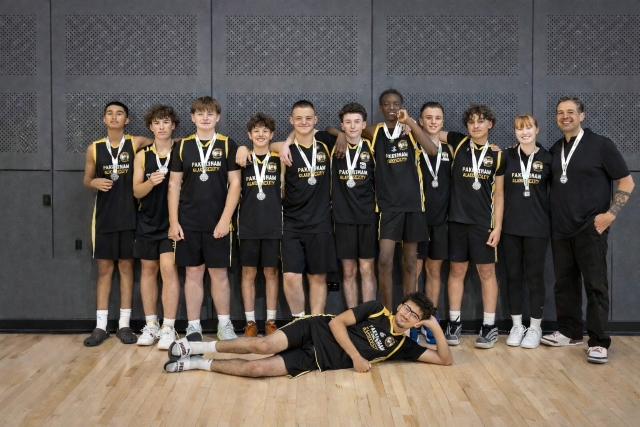By Shaun Inguanzo
A HAMPTON PARK man sentenced to death in Iraq more than 20 years ago has lived to take part in the country’s election of its first full-term democratic government.
More than 11,000 Iraqi migrants across Victoria were permitted to vote at polling stations set up in Dandenong, Broadmeadows and Benton, in Iraq’s first democratic election for a full-term government following the removal of dictator Saddam Hussein several years ago.
Hampton Park resident Kifah Beyton remembers the regime all too well, having been sentenced to death in Iraq in 1984 because he was politically opposed to Hussein.
But last week the Hampton Park resident was in Dandenong to help elect Iraqi leaders to the Council of Representatives, after the winds of fortune saved him from becoming another senseless death.
The Council of Representatives is Iraq’s equivalent to a parliament, and will comprise 275 elected members following the counting of votes early next year.
Elections took place in Iraq last Thursday, with many Iraqi citizens living outside the country offered the chance to vote at one of 550 polling stations around the world, including those in Australia’s capital cities.
The Out-of-Country Voting Program (OCV) was established by the Independent Electoral Commission of Iraq to allow the tens of thousands of Iraqi refugees and migrants in other countries to have their say in the future of the nation.
OCV voters will influence the decision of 45 seats within the 275-strong Council of Representatives.
The elections offer a new-found freedom of choice for all Iraqi citizens who experienced Saddam Hussein’s dictatorship. Mr Beyton said he escaped his death sentence after diplomatic intervention by Kurdish leaders and Amnesty International.
He then took refuge in Iraq’s mountain range before fleeing to Turkey by foot with his family about 15 years ago during the first Gulf War.
Mr Beyton and his family spent two years in a refugee camp before an opportunity to move to Australia arose.
His application was accepted by the Australian Embassy, and, to his relief, Mr Beyton arrived in Australia in 1991. For Mr Beyton, the election was a dream come true.
“This was our dream. During the whole Iraqi history, this is the first real election (we have had),” he said.
Dandenong resident and Iraqi migrant Hani Al-Bander also voted at the Dandenong polling station. The 64-year-old said he vividly recalled what he labelled a “brutal regime” under Hussein. Mr Al-Bander said elections under the dictator were undemocratic, with ballot papers containing just one name – Saddam Hussein – and if citizens failed to vote they were banned from buying food.
“I am very, very happy,” he said last week.
“This is the first attempt to build a big democratic country.”
The ink used during the elections – silver nitrate with violet dye – stains voters’ fingers for up to one month to prevent repeat voting, but those at Dandenong were in no rush to scrub the symbolic ink from their fingers.
“It is a revolution of violet,” Mr Al-Bander said about the election.
Independent Electoral Commission of Iraq Victorian voter educator Mohamad Al-Idani said he was hoping to attract more than the 11,000 Iraqi citizenship-holders who voted in Victoria at an earlier election for a temporary council this year.
Dandenong polling station manager Fadi Isaac said voting in Australia had run from 9am until 9pm over 13, 14 and 15 December.
Mr Isaac said the turnout at Dandenong had been okay, but he believed it could have been better had the system of voting not been decided upon just three and a half months before the election.
Residents join violet revolution
Digital Editions
-
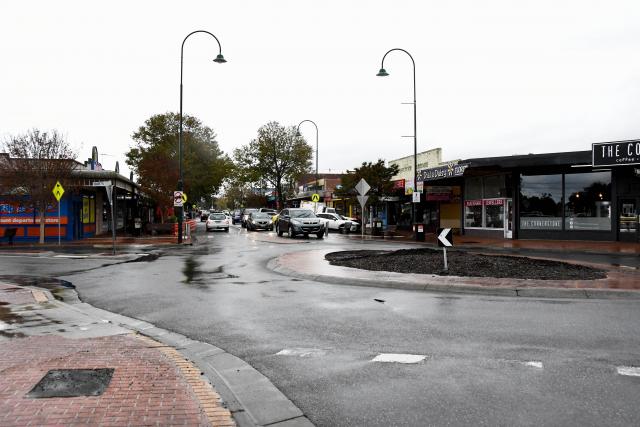
Drake Place set to reopen as major works complete
Purchase this photo from Pic Store: 333779 Works on Stage 1 of the Pakenham Revitalisation project continue to progress, with major construction almost complete along…

